Description
Introduction to Dabbar
Dabbar, a quaint cluster of villages located in the Bishnah Tehsil of Jammu district, Jammu and Kashmir, India, epitomizes rural serenity and cultural richness. Surrounded by lush green fields and characterized by its agrarian lifestyle, Dabbar offers a glimpse into the traditional life of the Jammu region. Known for its warm hospitality and vibrant cultural ethos, the village showcases a harmonious blend of natural beauty and community values.
Agrarian Economy
Agriculture forms the backbone of Dabbar’s economy, with crops such as wheat, rice, and maize dominating the cultivated landscape. Spanning approximately 379.6 hectares, the village boasts fertile soil and a favorable climate for farming. Of the total agricultural land, around 347.6 hectares are irrigated, reflecting the residents' reliance on traditional and modern farming practices. Livestock rearing, including cattle, goats, and poultry, further supplements the local economy.
Community and Culture
Dabbar is home to a diverse and close-knit population, predominantly comprising Scheduled Castes, who make up 58.26% of the total population, along with a smaller proportion of Scheduled Tribes. Festivals such as Lohri and Baisakhi are celebrated with zeal, bringing the community together and showcasing traditional Dogra music, dance, and cuisine. Dogri is the most widely spoken language, with Hindi and Urdu also used, reflecting the linguistic diversity of the area.
Education and Literacy
With a literacy rate of 77.91%, higher than the state average, Dabbar underscores its commitment to education. The village has primary schools catering to early education needs, while students often travel to Bishnah or Jammu city for higher education. Ongoing efforts aim to enhance educational infrastructure, ensuring better opportunities for the youth.
Infrastructure and Connectivity
Dabbar’s infrastructure is steadily improving, with better roads and reliable electricity supply transforming daily life. The village is connected to Bishnah town and nearby urban centers, facilitating access to healthcare, education, and markets. While basic amenities like health centers and local shops cater to immediate needs, advanced facilities remain concentrated in cities like Jammu, located over 10 kilometers away.
Natural Beauty and Climate
Dabbar’s picturesque setting, with its lush fields and surrounding greenery, offers a tranquil retreat from urban chaos. The moderate climate, marked by cool winters and warm summers, supports agricultural activities and enhances the quality of rural living. The village’s scenic charm makes it a potential spot for eco-tourism, inviting visitors to experience its serene environment.
Modernization and Challenges
While rooted in tradition, Dabbar is gradually embracing modernization. The younger generation shows interest in exploring non-agricultural professions, including government jobs and entrepreneurship. Migration to urban centers is becoming common, driven by aspirations for better opportunities. Challenges such as limited access to advanced healthcare and higher education persist, but ongoing government initiatives aim to address these gaps.
Cultural Significance and Future Prospects
Dabbar stands as a testament to the resilience of rural life, preserving its cultural essence while adapting to changing times. Its traditions, hospitality, and agrarian roots reflect the rich heritage of Jammu and Kashmir. With focused development efforts, the village holds immense potential for growth in agriculture, tourism, and small-scale industries, ensuring a balanced blend of progress and tradition.
Photos
Videos
Contact Information
| Address |
Dabbar,bishnah 181132 |
| Phone Number |
8717045491 |
| Website | https://villageinfo.in/jammu-&-kashmir/jammu/bishnah/harseh-dabar.html |
Reviews (2)


Great work

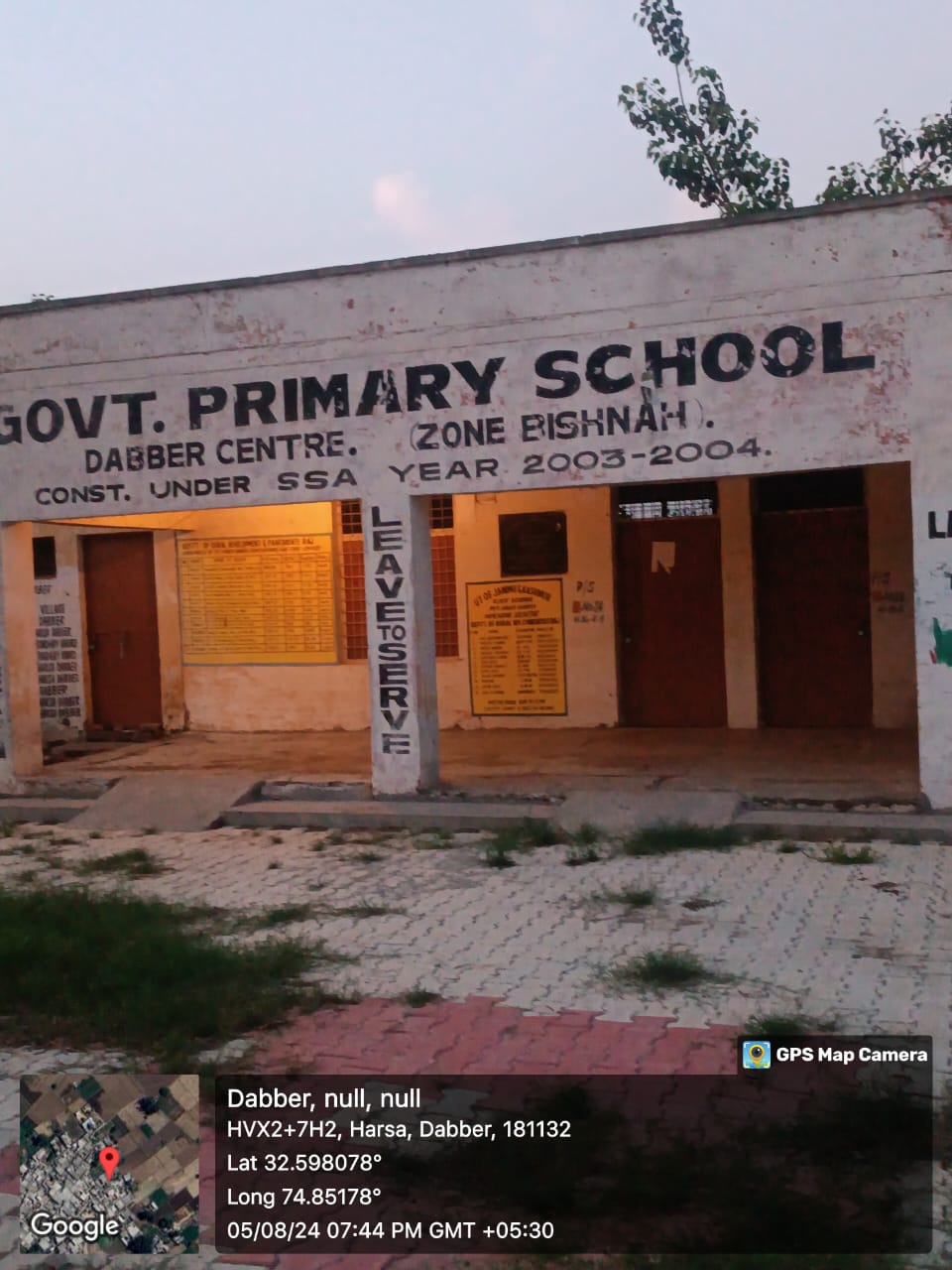
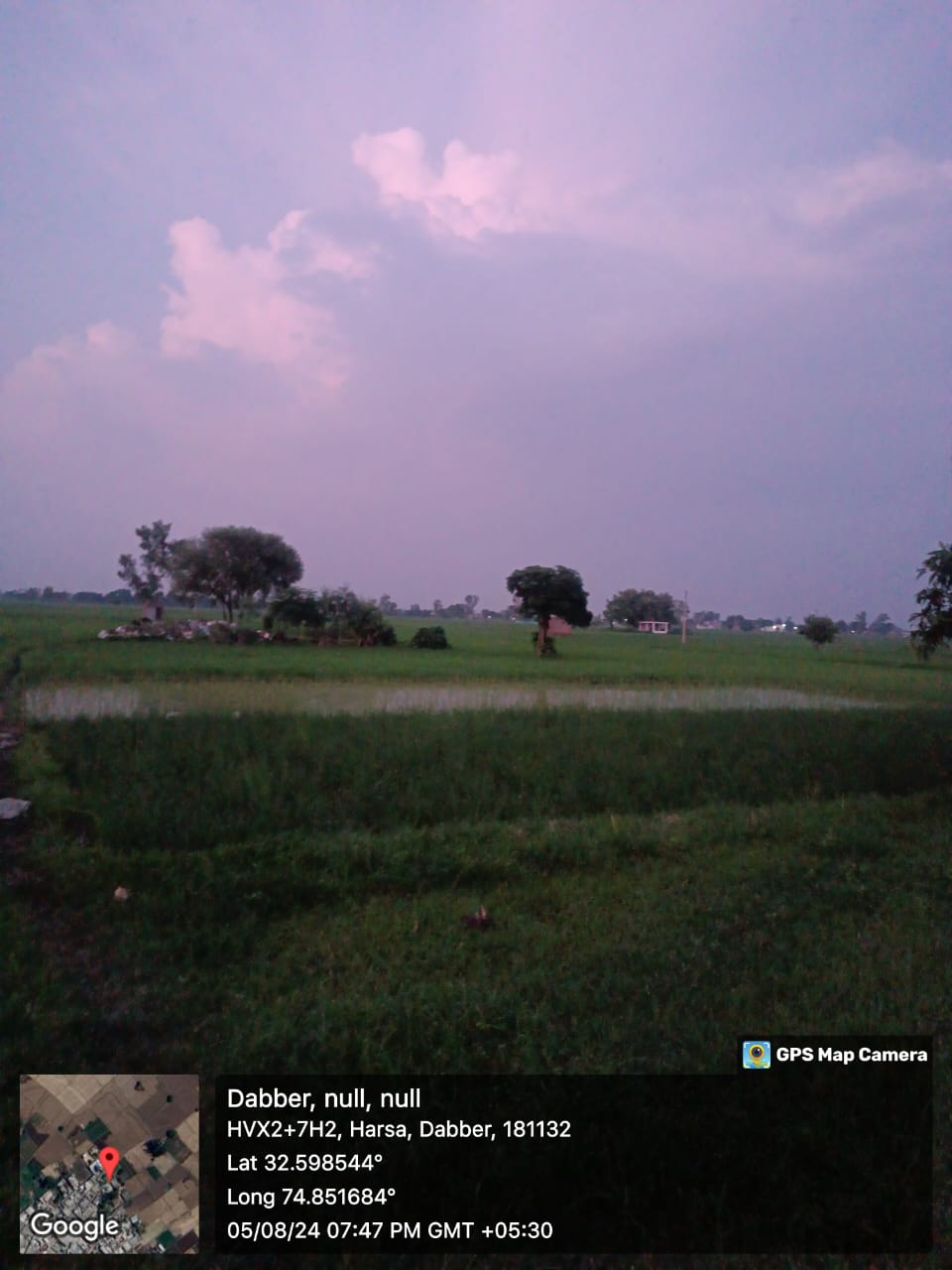
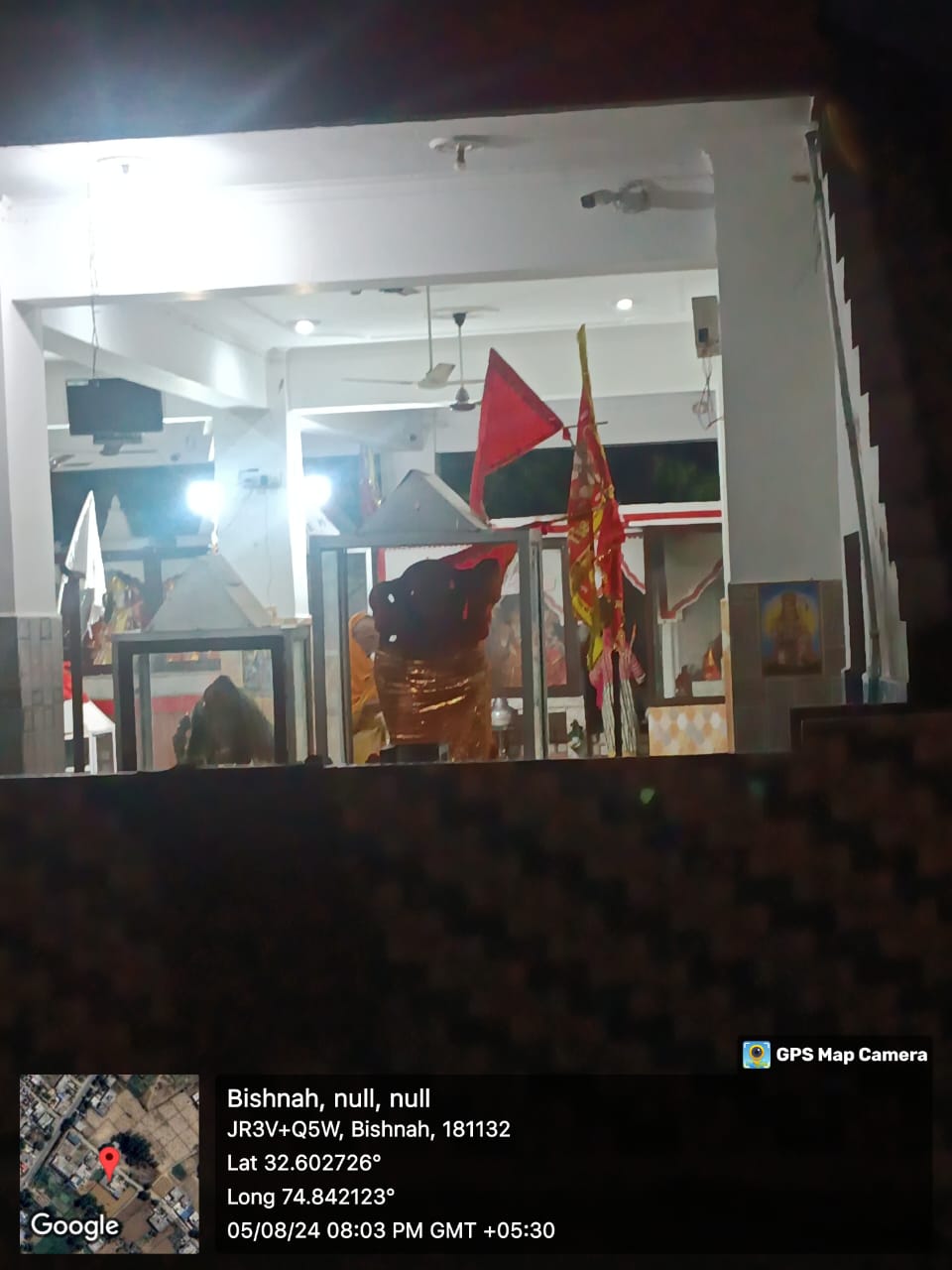

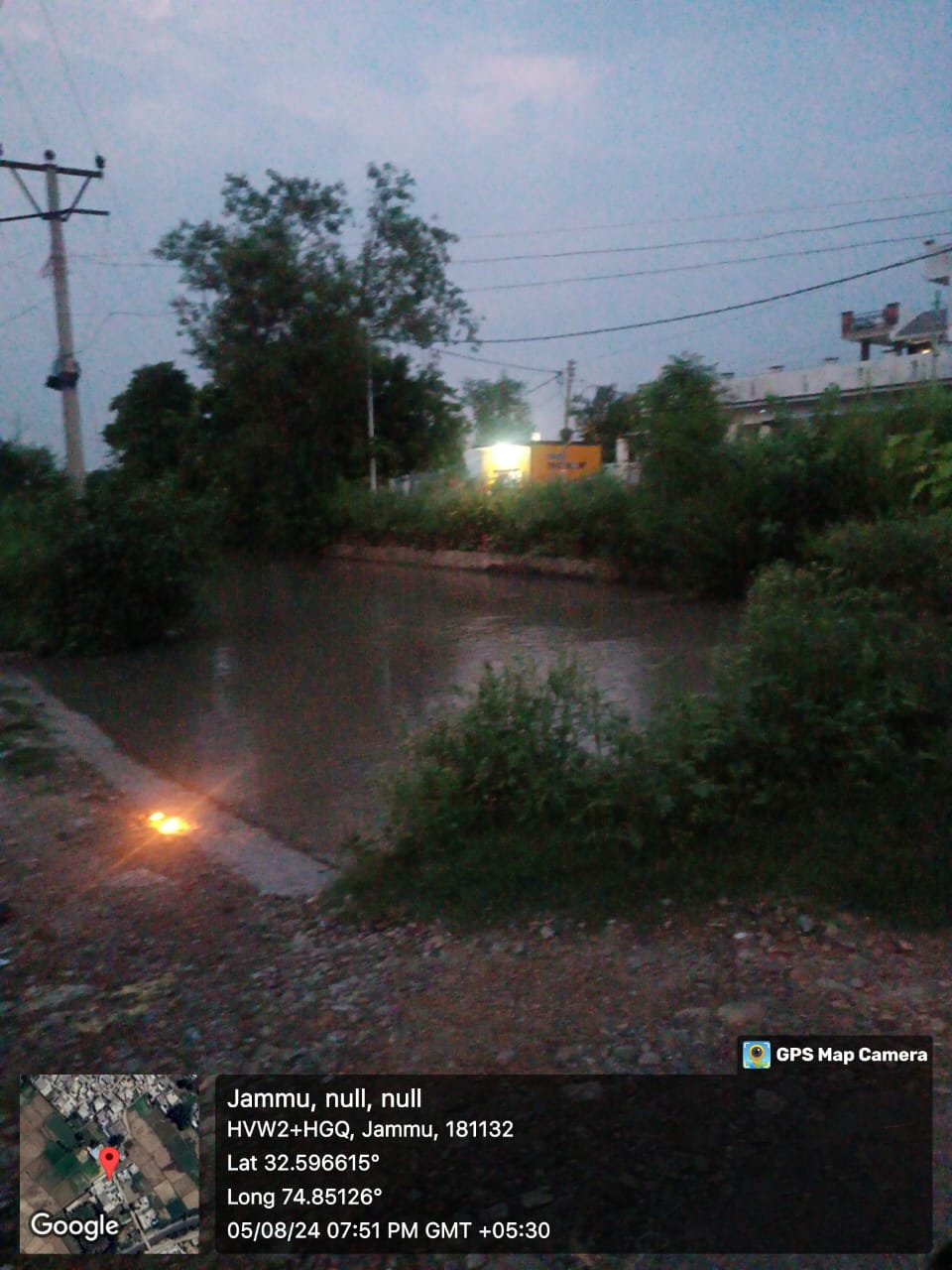
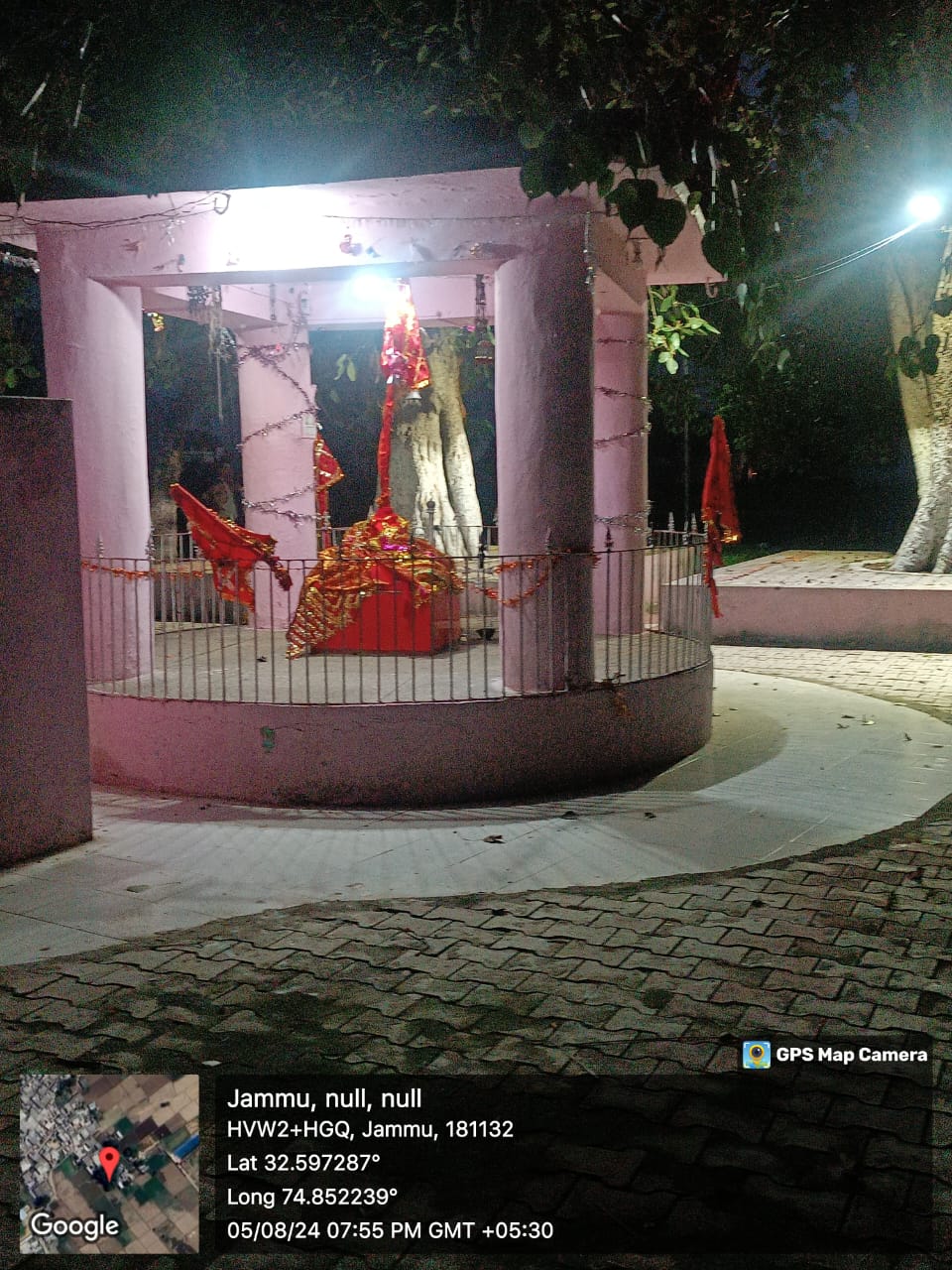
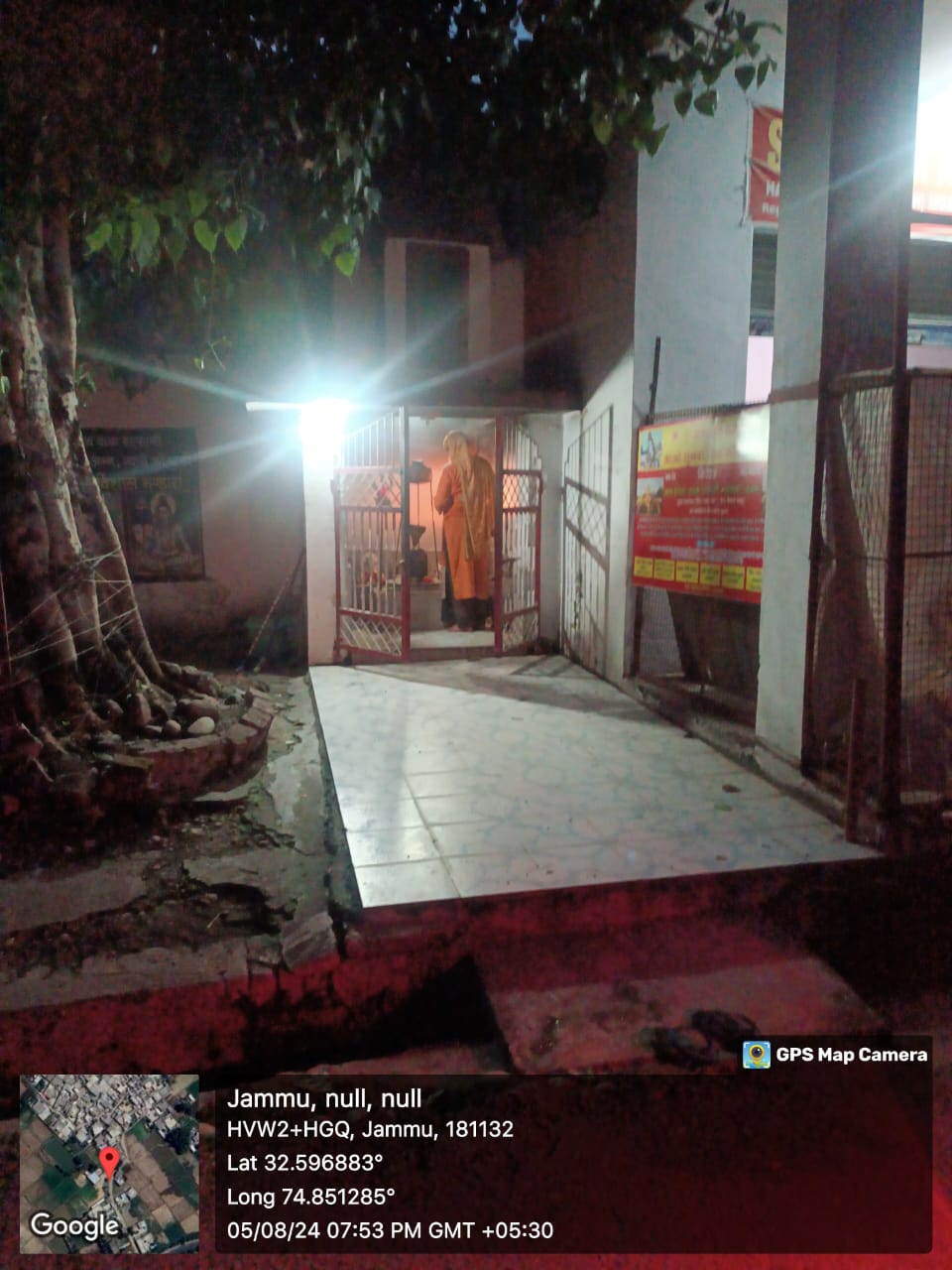
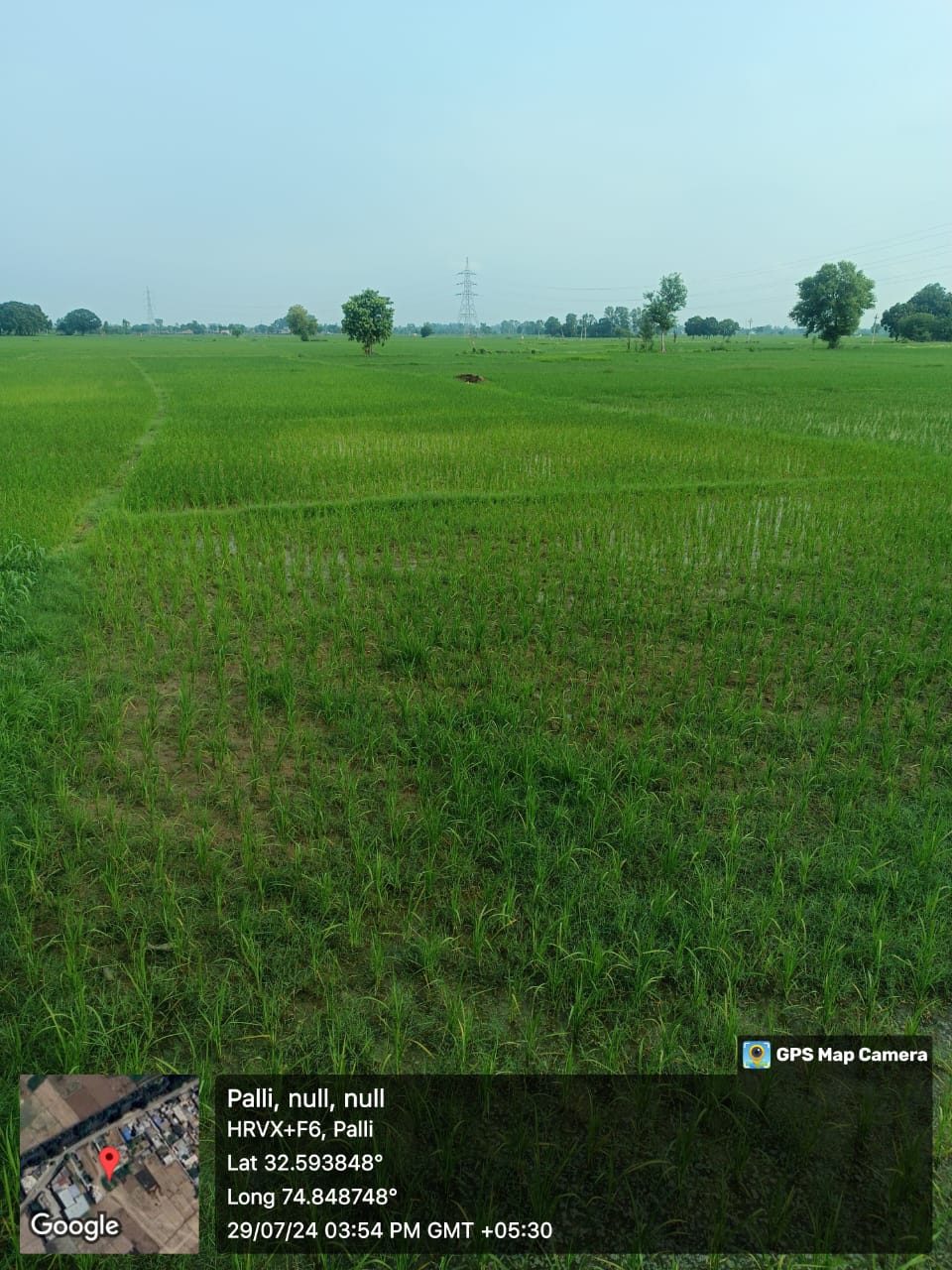
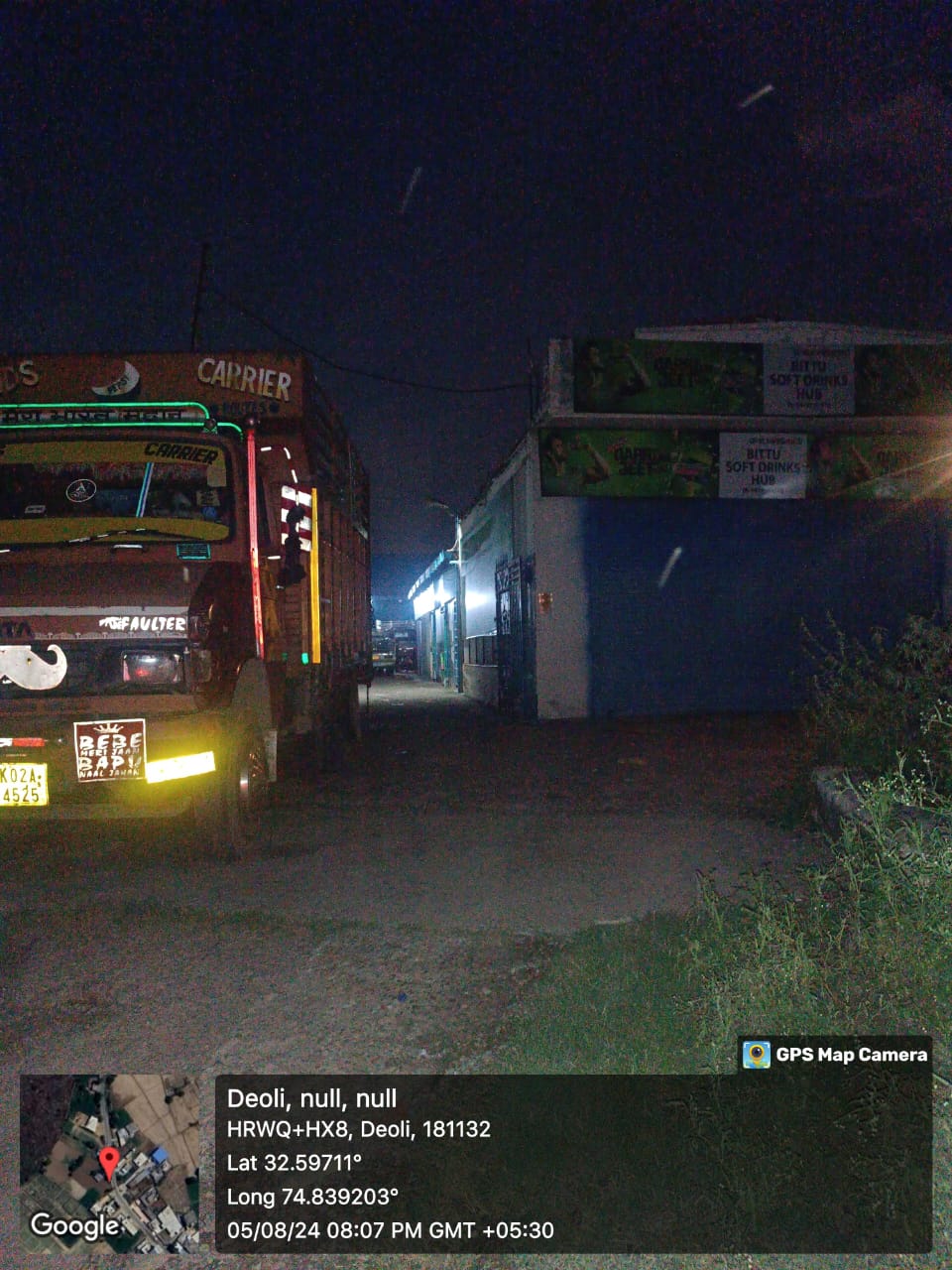


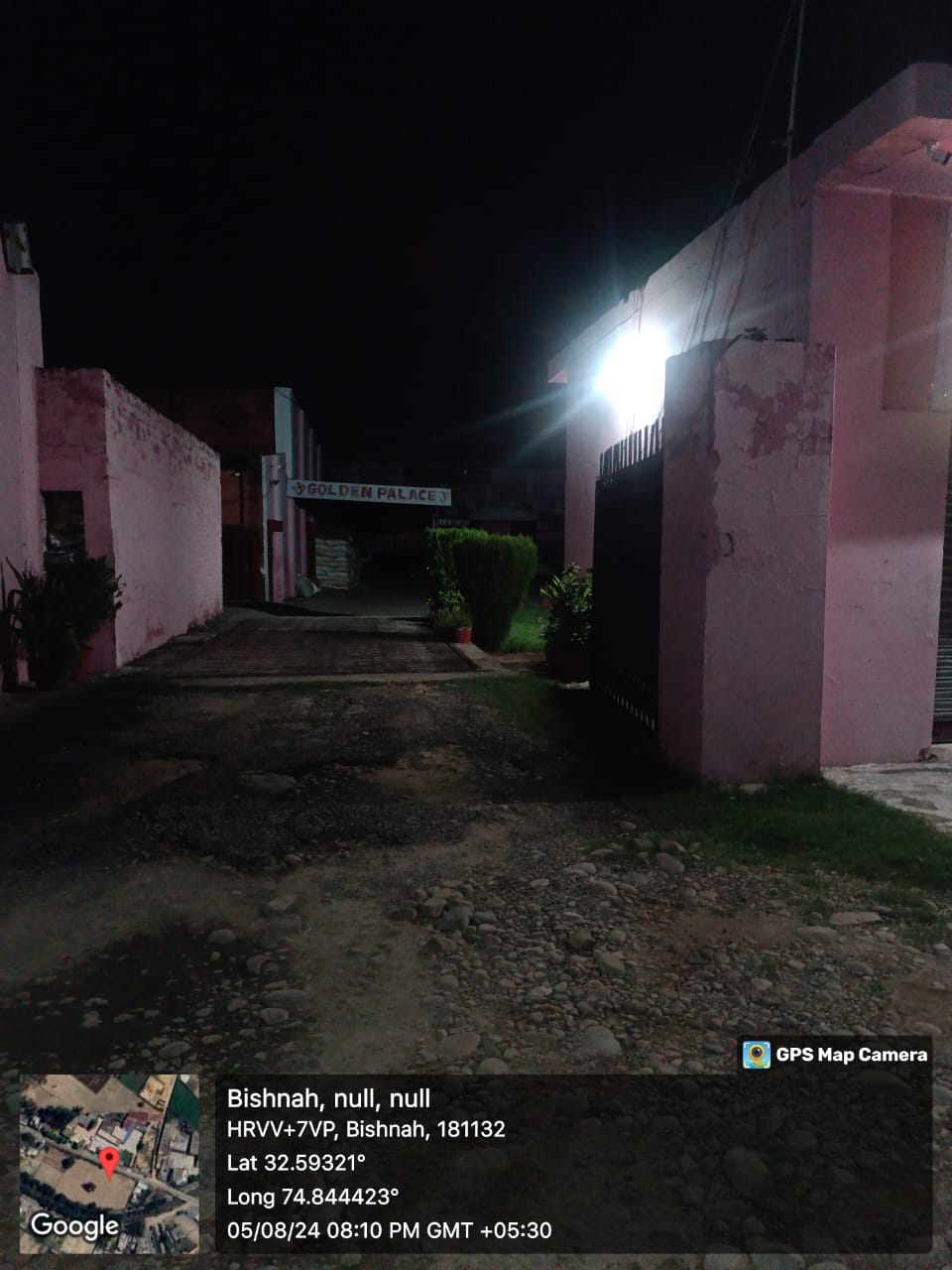
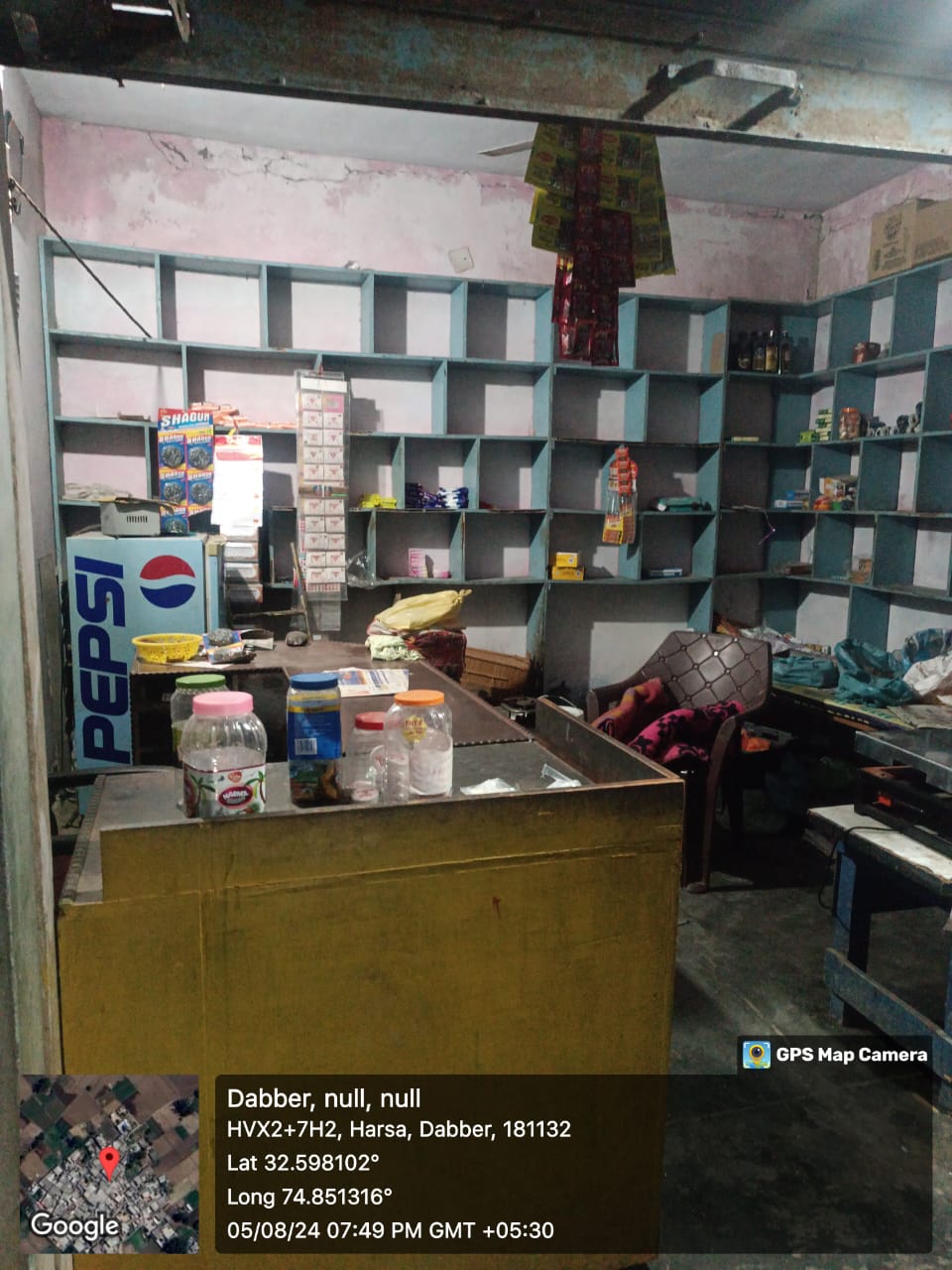
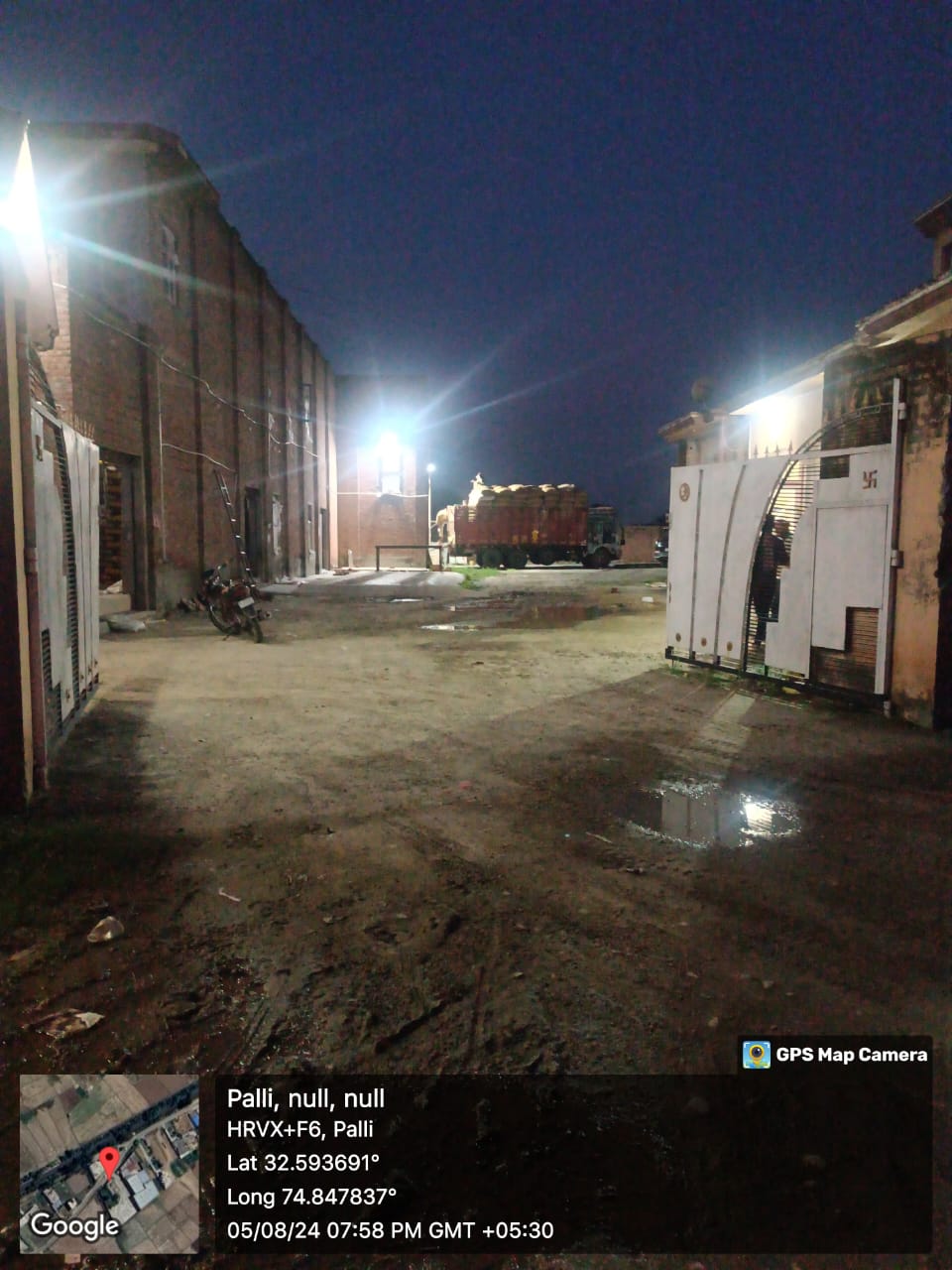
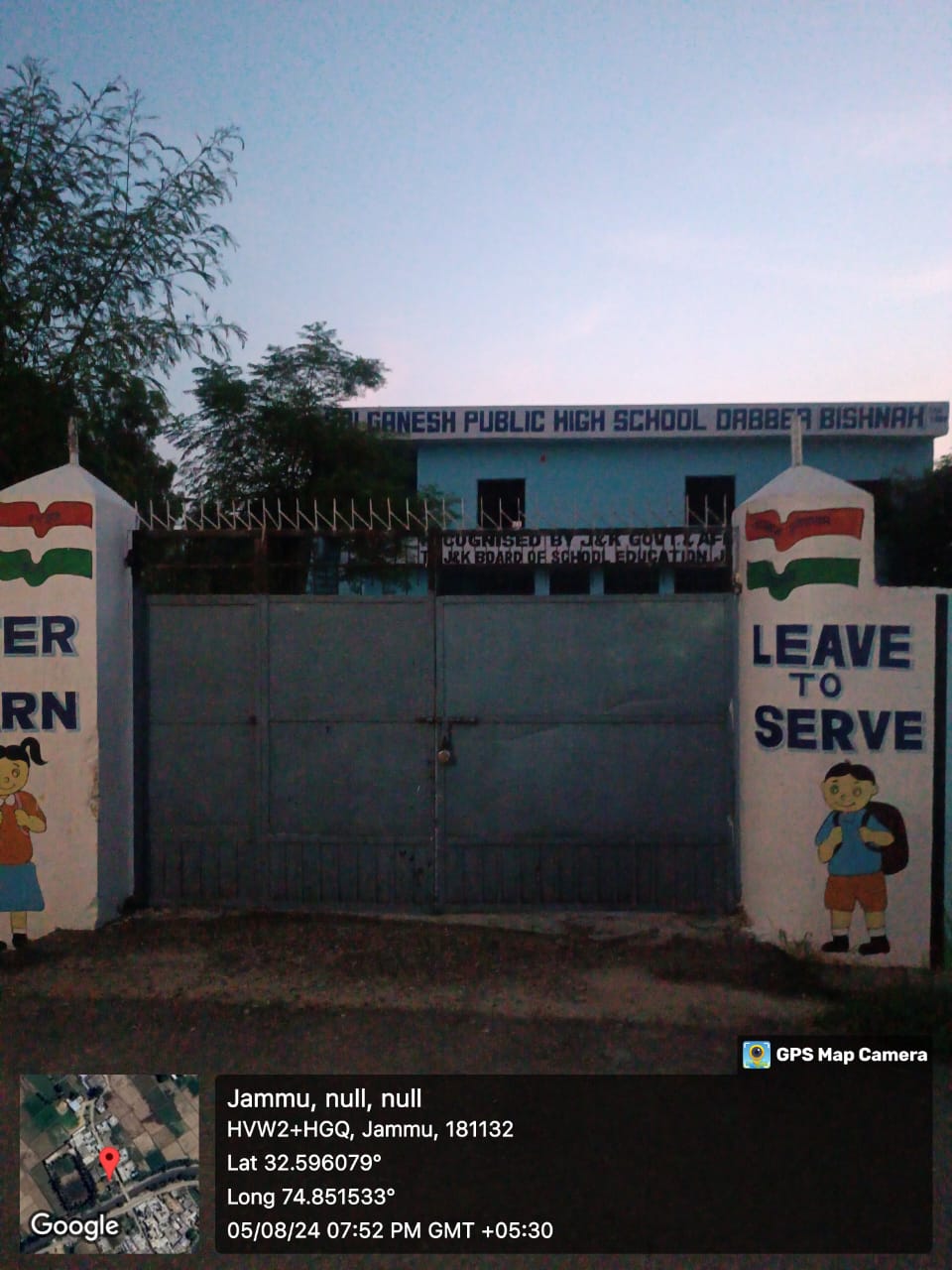



Dabbar is a great village and people’s of this village are very nyc and calm natured.Farmers of this village are very hardworking ….